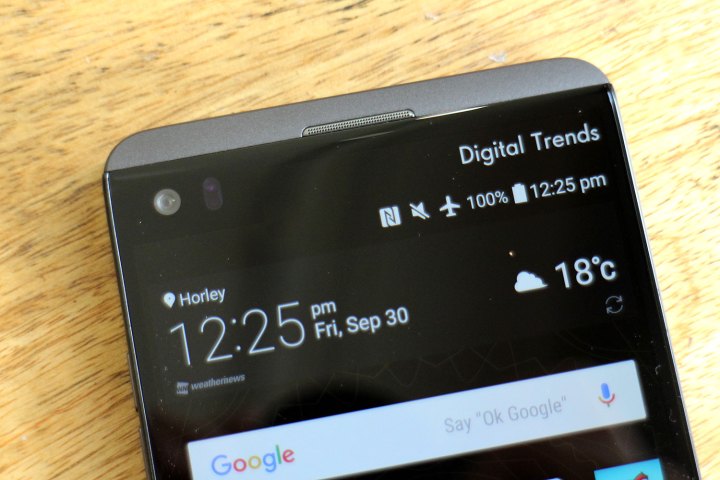
This may not sound significant, but anyone who say a Galaxy Note 7 — one of the first widely available (for a while) smartphones with an iris scanner — will recall various lenses and sensors cluttering up the section above the display. By putting everything in one, LG Innotek reduces the lens count by one, and because the module manages to take up less overall space than separates, designers get more freedom to shape the device’s look.
Iris scanners require a special type of camera lens, and LG Innotek has apparently used a filter to adapt the camera lens and create the single module, although exact details on how it works haven’t been released. In addition to the single lens module, LG Innotek has also produced a conventional double-camera iris scanner module. Whether there are performance differences between the two remains to be seen.
While rumors are flying that LG may take one of LG Innotek’s iris scanners and put it inside the LG G6 next year, where it may be used to secure the equally rumoured LG Pay mobile payments feature, the company has been quick to point out that no such deal is in place, and mentions of the G6 in Korean reports are speculative. LG Innotek sells components to other manufacturers, so the modules may turn up in a variety of devices next year.
According to local reports, quoting anonymous LG officials, the iris scanners are ready to go into production after testing has been completed.





